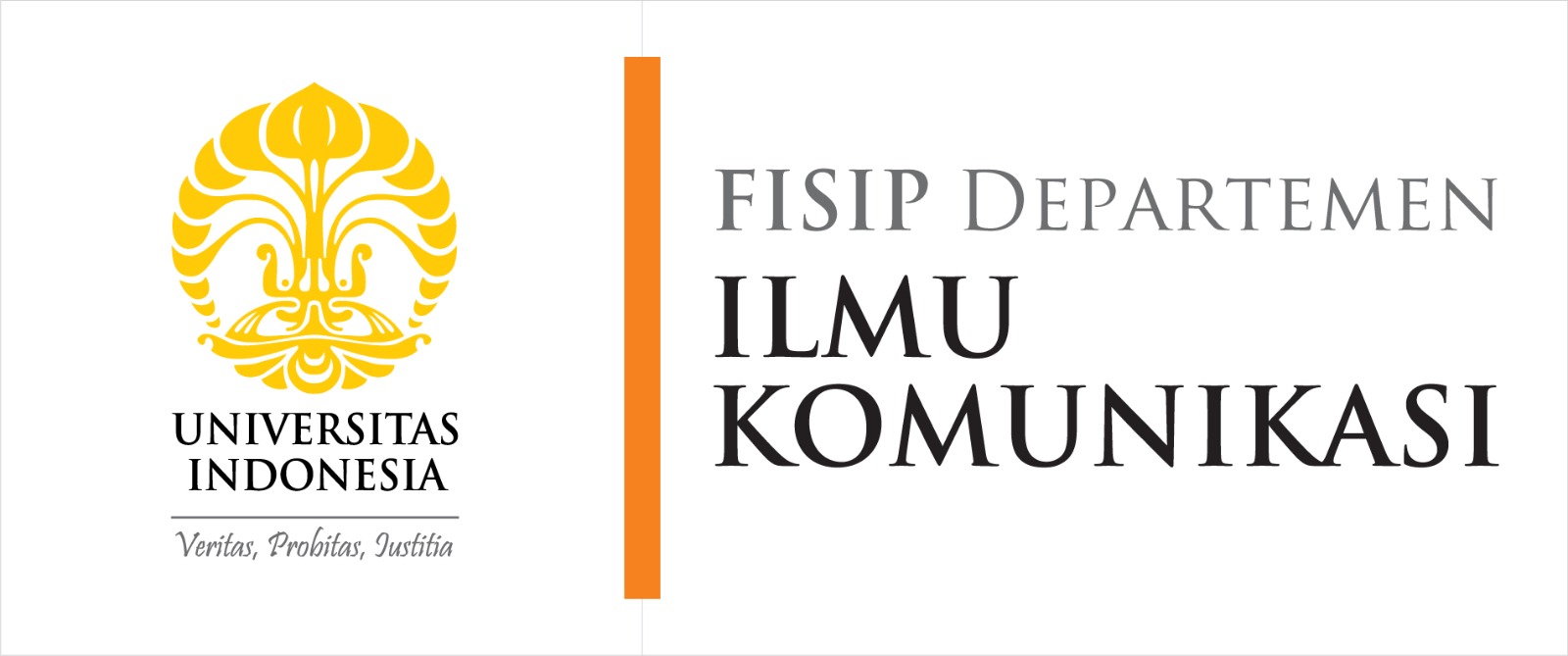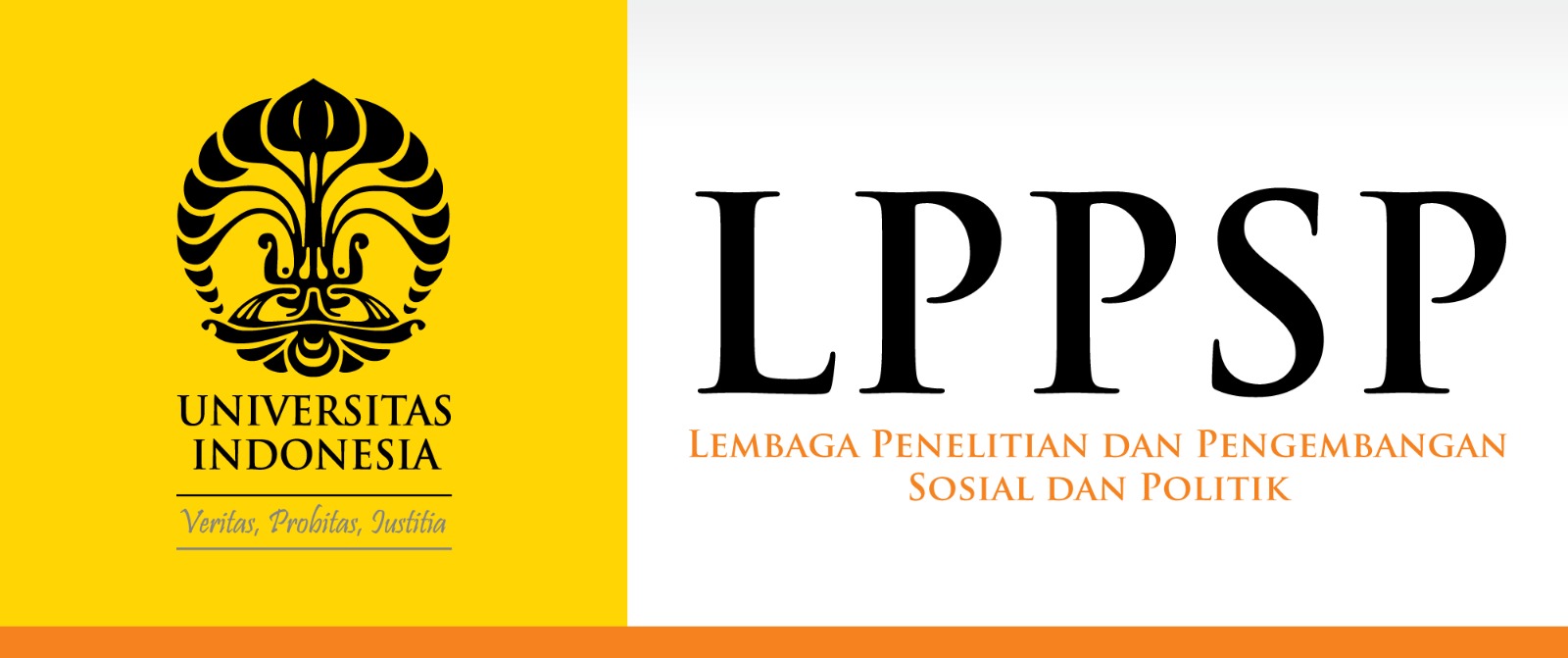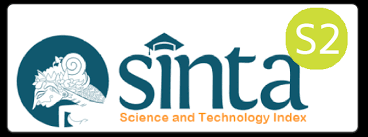JURNAL KOMUNIKASI INDONESIA
Abstract
This study seeks to comprehend the legitimacy dynamics of various actors involved in the oil pipeline spill case in Sungai Kelekar, Prabumulih City. A dataset consisting of 132 online media articles curated into 36 pertinent news stories was analyzed using the discourse network analysis method. The results of this study indicate that the community plays a crucial role as mediators and victims, which are the primary criteria for evaluating the moral legitimacy of those who pollute the environment and local governments, where it was also discovered that the two organizations in this study face a variety of challenges in maintaining their legitimacy. This study's implication is serious efforts are required to enhance environmental governance and public participation. This study aims to contribute to the literature on legitimacy management in contentious environmental cases and provide a method for measuring and comprehending the complexity of stakeholder interactions.
References
Abudu, H., Cai, X., & Lin, B. (2022). How upstream petroleum industry affects economic growth and development in petroleum producing-countries: Evidence from Ghana. Energy, 260. https://doi.org/10.1016/j.energy.2022.125139
Alghizzawi, M. A., Youssef, M. A., Abu Zraiq, M., & Elmassri, M. (2022). The relationship between corporate social responsibility and firm performance: evidence from Jordan. Cogent Business and Management, 9(1).
https://doi.org/10.1080/23311975.2022.2088637
Alsaadi, A. (2022). Family ownership and corporate social responsibility disclosure. Revista Espanola de Financiacion y Contabilidad, 51(2), 160–182.
https://doi.org/10.1080/02102412.2021.1904661
Boyd, M., Devero, A., Frias, J., Meyer, J., & Ross, G. (2010). A note on policies for the oil and gas sector. Bulletin of Indonesian Economic Studies, 46(2), 237–248. https://doi.org/10.1080/00074918.2010.486111
Chaturvedi, T. (2023). How corporate development activities resolve the legitimacy-adaptation dilemma: A case study in technological substitution. Journal of Business Research, 164. https://doi.org/10.1016/j.jbusres.2023.113983
Cust, J., Harding, T., Krings, H., & Rivera-Ballesteros, A. (2023). Public governance versus corporate governance: Evidence from oil drilling in forests. Journal of Development Economics, 163. https://doi.org/10.1016/j.jdeveco.2023.103070
Ferri, L. M., Pedrini, M., & Minciullo, M. (2022). Corporate social responsibility and stakeholder dialogue under institutional voids: decoupling the role of corporate motives, ethics, and resources. Journal of Management and Governance, 26(1), 159–188. https://doi.org/10.1007/s10997-021-09598-2
García-Sánchez, I.-M., Somohano-Rodríguez, F.-M., Amor-Esteban, V., & Gonzalez-Valdueza, B. (2022). Circular Economy Projects and Firm Disclosures in an Encouraging Institutional Environment. Sustainability (Switzerland), 14(3). https://doi.org/10.3390/su14031149
Hannigan, J. A., & Kueneman, R. M. (1977). Legitimacy and Public Organizations: A Case Study. Canadian Journal of Sociology / Cahiers Canadiens de Sociologie, 2(1), 125. https://doi.org/10.2307/3340514
Harjoto, M. A., Hoepner, A. G. F., & Li, Q. (2022). A stakeholder resource-based view of corporate social irresponsibility: Evidence from China. Journal of Business Research, 144, 830–843. https://doi.org/10.1016/j.jbusres.2022.02.025
Hasan, M. M., Wong, J. B., & Al Mamun, M. A. (2022). Oil shocks and corporate social responsibility. Energy Economics, 107.
https://doi.org/10.1016/j.eneco.2022.105881
Hassan, Q. M., Khudir, I. M., & Olawuyi San, D. S. (2023a). Regulating corporate social responsibility in energy and extractive industries: The case of international oil companies in a developing country. Resources Policy, 83.
https://doi.org/10.1016/j.resourpol.2023.103607
Hassan, Q. M., Khudir, I. M., & Olawuyi San, D. S. (2023b). Regulating corporate social responsibility in energy and extractive industries: The case of international oil companies in a developing country. Resources Policy, 83.
https://doi.org/10.1016/j.resourpol.2023.103607
Jizi, M., Nehme, R., & Melhem, C. (2022). Board gender diversity and firms’ social engagement in the Gulf Cooperation Council (GCC) countries. Equality, Diversity, and Inclusion, 41(2), 186–206. https://doi.org/10.1108/EDI-02-2021-0041
Kirsch, S. (2022). Scientific Ghostwriting in the Amazon? The Role of Experts in the Lawsuit against Chevron in Ecuador. Comparative Studies in Society and History, 64(2), 335–362. https://doi.org/10.1017/S0010417522000020
Kwarto, F., Nurafiah, N., Suharman, H., & Dahlan, M. (2022). The potential bias for sustainability reporting of global upstream oil and gas companies: a systematic literature review of the evidence. Management Review Quarterly.
https://doi.org/10.1007/s11301-022-00292-7
Lakhani, L., & Herbert, S. L. (2022). Theoretical frameworks applied in integrated reporting and sustainability reporting research. South African Journal of Economic and Management Sciences, 25(1). https://doi.org/10.4102/sajems.v25i1.4427
Leifeld, P. (2017). Discourse Network Analyzer. Overview: What Is DNA Good For? 16(Leifeld).
Lin, Y. (2021). Legitimation strategies in corporate discourse: A comparison of UK and Chinese corporate social responsibility reports. Journal of Pragmatics, 177, 157–169. https://doi.org/10.1016/j.pragma.2021.02.009
Nguyen, C. T., Nguyen, L. T., & Nguyen, N. Q. (2022). Corporate social responsibility and financial performance: The case in Vietnam. Cogent Economics and Finance, 10(1).
https://doi.org/10.1080/23322039.2022.2075600
Rose-Ackerman, S. (2017). Citizens and technocrats: An essay on trust, public participation, and government legitimacy. In Comparative Administrative Law: Second Edition (pp. 251–267). Edward Elgar Publishing Ltd.
https://www.scopus.com/inward/record.uri?eid=2-s2.0-85065733445&partnerID=40&md5=d73d1fbea47bcb6b2202bbb4eaceca1b
Suchman, M. C. (1995). Managing Legitimacy: Strategic and Institutional Approaches. Academy of Management Review, 20(3).
https://doi.org/10.5465/amr.1995.9508080331
Suddaby, R., & Greenwood, R. (2005). Rhetorical Strategies of Legitimacy. Administrative Science Quarterly, 50(1), 35–67. https://doi.org/10.2189/asqu.2005.50.1.35
Taufik, R. N. A., & Adhariani, D. (2022). Corporate Sustainability, NGOs, and the Role of Stakeholders: A Case Study. KnE Social Sciences.
https://doi.org/10.18502/kss.v7i12.11548
Tetteh, L. A., Agyenim-Boateng, C., & Simpson, S. N. Y. (2023). Institutional pressures and accountability processes in pursuit of sustainable development goals: Insights from Ghanaian indigenous oil companies. Corporate Social Responsibility and Environmental Management. https://doi.org/10.1002/csr.2554
Uduji, J. I., Okolo-Obasi, E. N., & Asongu, S. (2022). Does corporate social responsibility initiative dissuade the increasing electoral violence in Sub-Saharan Africa? Evidence from Nigeria’s oil producing region. Journal of Global Responsibility, 13(2), 101–126. https://doi.org/10.1108/JGR-05-2021-0052
van Engen, N., Steijn, B., & Tummers, L. (2019). Do consistent government policies lead to greater meaningfulness and legitimacy on the front line? Public Administration, 97(1), 97–115. https://doi.org/10.1111/padm.12570
Wang, X., Zhao, X., Wang, Y., & Li, S. (2022). A Comparison of CSR Image Construction between Chinese and American Petroleum Companies in the Context of Ecological Transition. Sustainability (Switzerland), 14(21).
https://doi.org/10.3390/su142114490
White, N. D., Footer, M. E., Senior, K., van Dorp, M., Kiezebrink, V., Puraka, Y. W. G., & Anzas, A. F. (2018). Blurring Public and Private Security in Indonesia: Corporate Interests and Human Rights in a Fragile Environment. Netherlands International Law Review, 65(2). https://doi.org/10.1007/s40802-018-0107-8
Zhang, X. A., & Borden, J. (2022). How legitimate are corporate social advocacy campaigns? An examination of the role of legitimacy in stakeholder perceptions of CSA. Journal of Marketing Communications.
https://doi.org/10.1080/13527266.2022.2105931
Recommended Citation
Karter, Tasya Febi; Santoso, Anang Dwi; and Saraswati, Erlisa
(2023)
"Environmental Crisis and Legitimacy Struggle: A Discourse Network Analysis in the Prabumulih Oil Spill Case,"
JURNAL KOMUNIKASI INDONESIA: Vol. 12:
No.
2, Article 1.
DOI: 10.7454/jkmi.v12i2.1203
Available at:
https://scholarhub.ui.ac.id/jkmi/vol12/iss2/1
Included in
Gender, Race, Sexuality, and Ethnicity in Communication Commons, International and Intercultural Communication Commons, Social Influence and Political Communication Commons




